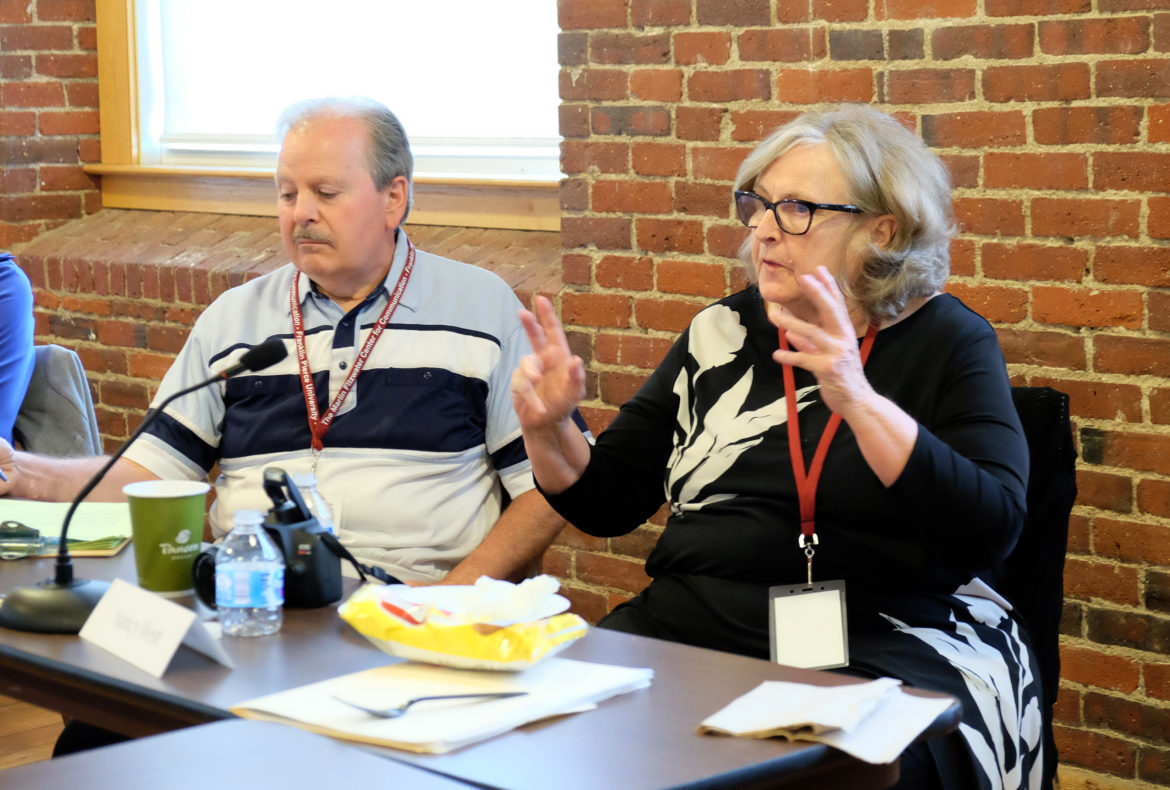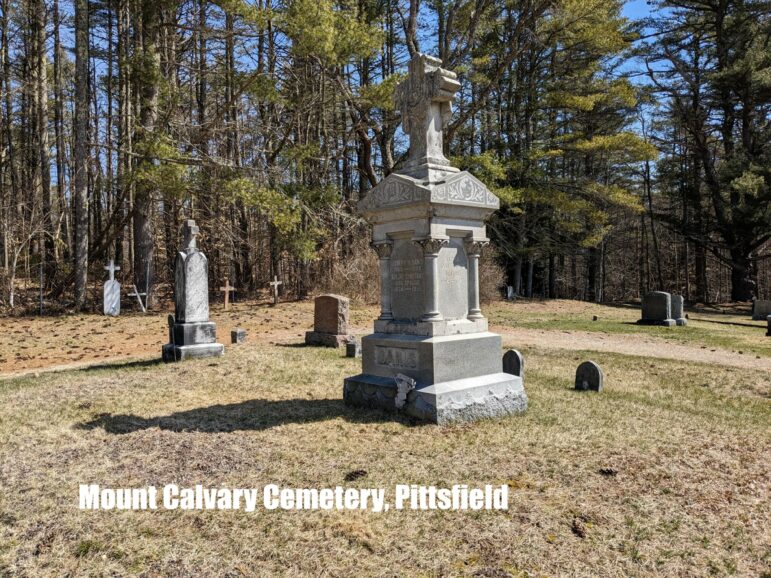Dear Reader,
At InDepthNH.org, we believe that the most important news stories leave a lasting impact and also elevate local and regional issues to a national platform. When Nancy West started this organization six years ago, her mission was to tell the stories of the marginalized.
I wondered then exactly what that meant. Who are the marginalized? It was always Nancy’s intent to tell the stories of those who had been ignored by the traditional media: the vulnerable, the destitute, the people at the bottom who have neither the resources nor the political clout to better their lives.
At InDepthNH.org, we investigate beyond the scary headlines to report how to improve systems that are failing citizens. We attempt to go deep and tell the whole truth without fear or favor.
That last part is what Nancy West does best. She has been fearless – and fierce – in her efforts to chase a story. She doesn’t back down, and this has earned her a certain amount of pushback – from politicians who won’t return her calls, to lawyers representing clients, to grant applications that don’t get funded, to certain people in charge who wince when her name is mentioned.
It takes a special sort of person who can keep going despite the roadblocks, the criticism, and the general lack of cooperation that an investigative journalist encounters.
But her brand of journalism is the kind that isn’t influenced by money or prestige. It is the kind of reporting that has made a difference. People have their reasons for not wanting a story published. Sometimes they are very good reasons … personal embarrassment, privacy concerns, or security issues among them. Nancy has the depth of experience to weigh those concerns, and this is the very difficult part of what she does.
Fearlessly reporting unbiased, non-partisan news that fully informs citizens about their democracy is a practice, a constant striving to get it right, and everyday Nancy learns and does better at this practice. She challenges government secrecy at every turn by engaging investigative journalism to shine light on wrongdoing and corruption. This is a skill less and less available in the general media these days. We live in times when baseless criticisms are recklessly and regularly dislodged on social media. The average citizen has to make his or her own judgments about news sources. This, too, is a chore that becomes more difficult as the issues become more complex.
You can’t learn overnight what Nancy has learned over a lifetime. It is why she and her team of veteran journalists tackle the issues that matter. Over the past several years, Nancy and her team have covered dozens of hearings on the failed Northern Pass electrical transmission line, on the secret Laurie List of police officers with credibility problems, and on patients without a criminal conviction being housed at the state prison Secure Psychiatric Unit (SPU).
When Pro Publica, the national nonprofit investigative website last spring launched a series examining Covid-19 deaths nationally in nursing homes, I was prompted to take a closer look at New Hampshire nursing homes.
I have been a visitor to many nursing homes over the past several years. As I age, and as my friends and family age, nursing homes become a necessity for many of us, either on for a temporary rehabilitation stay, or longer depending on needs.
As the pandemic unfolded, it became painfully obvious that the Granite State’s most vulnerable residents, the elderly in long-term care settings, were suffering the worst, with more than 80 percent of the state’s Covid-19 deaths reported as patients in long-term care facilities.
I spent many weeks poring over quality rankings, deficiency reports, state and federal inspections, and then listening as the legislative committee charged with making recommendations to the governor on what can be done heard from experts in the field. It soon became obvious that New Hampshire has more than a problem related to the pandemic. The leaders in the long-term care industry warned of low Medicaid reimbursement rates, low pay for staff, issues with testing and personal protective equipment, and the devastating revelation that the state is in need of hundreds and hundreds of nursing care professionals in jobs that go unfilled even as the state’s population gets older. The picture is of a grim collision ahead, as scarce resources and growing needs intersect now and in the near future.
What will New Hampshire do? We intend to stay on this story and ask the tough questions. Will political leaders step up with the needed funding? Stay tuned to find out.
We work for you on stories like these in order to present the complete picture for our readers. It’s the kind of in-depth reporting that you’d be hard pressed to find anywhere else—the kind that takes time and money to produce.
Will you support InDepthNH.org and ensure our reporters have the resources they need to do their jobs well? Please click to donate here: https://www.newsmatch.org/donate?campaign_id=83523
Please give during December, before the NewsMatch challenge ends on Dec. 31. We need your support to continue doing this work.
Sincerely,
Bob Charest
Contributing Journalist and Board Member,
N.H. Center for Public Interest Journalism
(Parent organization of InDepthNH.org)





